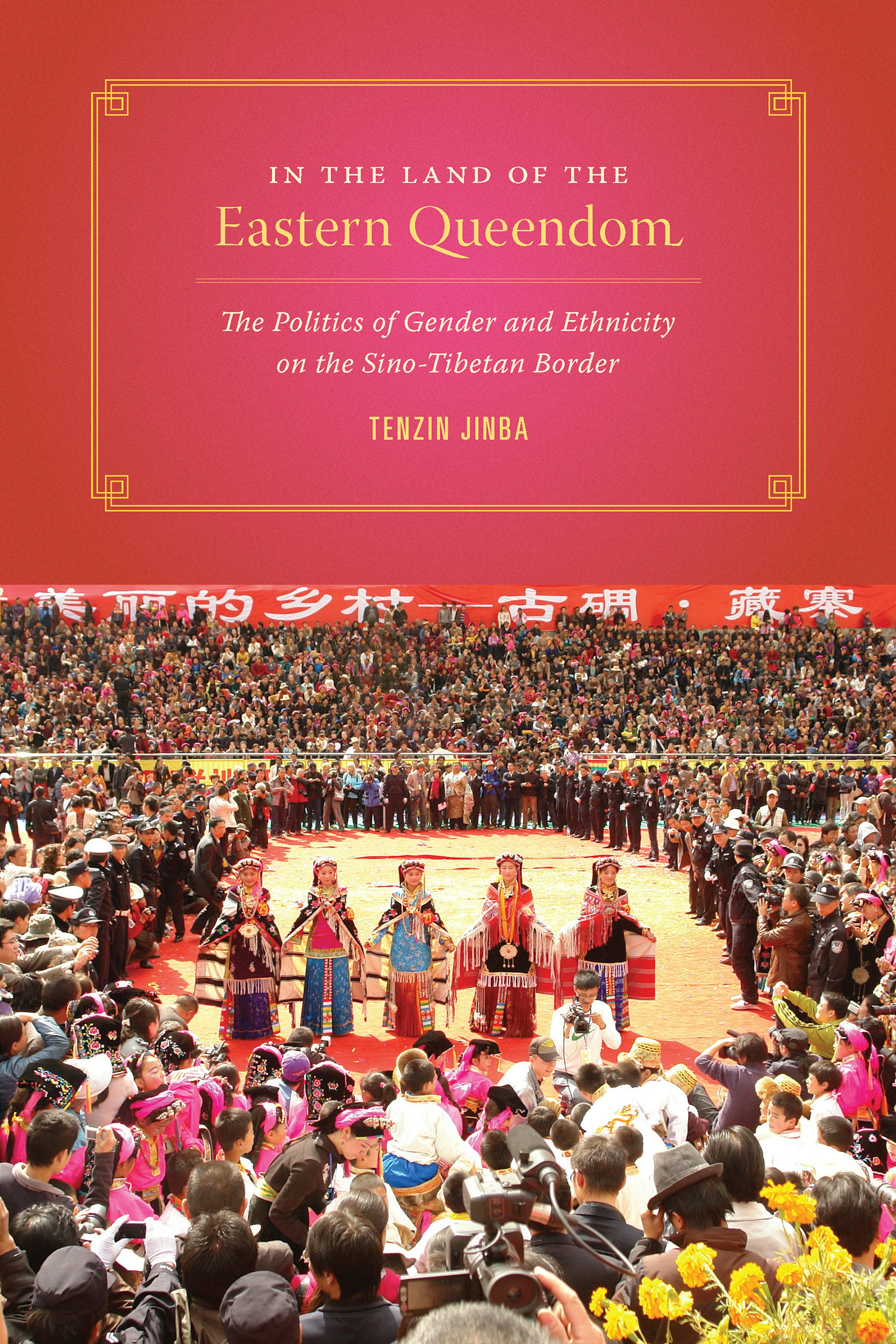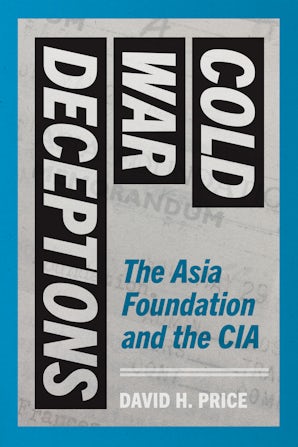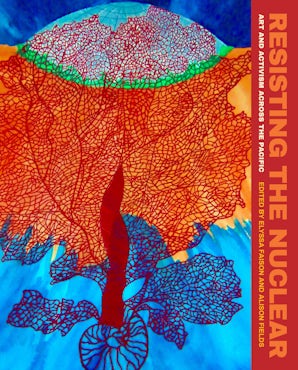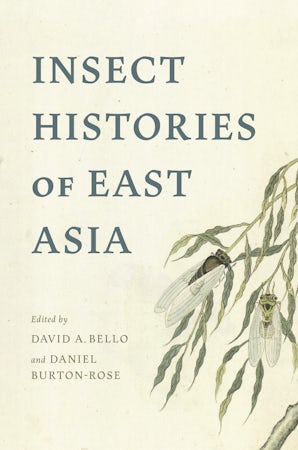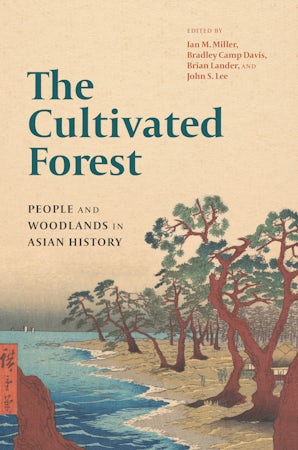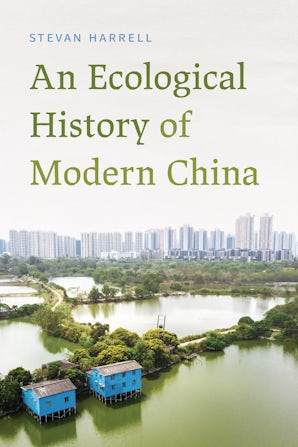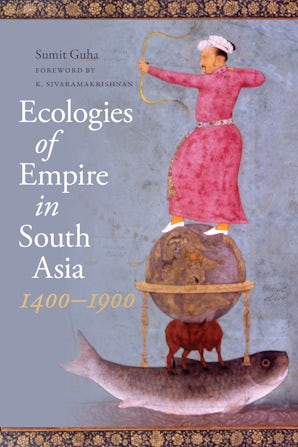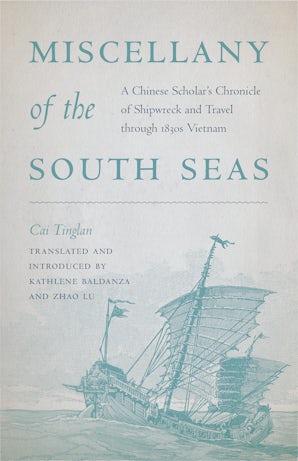"In his willingness to wrestle on the page with these fraught questions of Tibetan identity politics, Jinba has not only provided a refreshing new standpoint on the politics of ethnicity and ethnic representation in the context of Tibet, he has also thrown down the gauntlet for the debate-to-come about the collision of Tibetan and Chinese nationhood."
-
Tashi Rabgey, Insight Tibet
"A highly recommended reference for feminist scholars working on the intertwining of ethnicity and gender as well as policy makers and practitioners seeking to design policies that closely align with local concerns and sensitivities."
-
Phan Phuong Hao, Asian Journal of Women’s Studies
"A refreshing contribution to our understanding of the complexities of gender and ethnicity along the Sino-Tibetan border regions."
-
Enze Han, The China Quarterly
"This is a short and intriguing reading that artfully weaves ethnography with larger discussions of the politics of gender and ethnicity. It opens up new dimensions to study ethnic politics and state-society relations at the grassroots level in contemporary China. . . . The book thus . . . sheds significant light on the complexities of the Tibet question by drawing attention to local politics in quotidian Tibetan lives in the age of booming tourism."
-
Xiaofei Kang, Signs
"[An] excellent contribution to the fields of Tibetan, Chinese, and Borderlands Studies, this book provides much needed insights into the complexity and multidimensionality of ethnicity and identity construction along the Sino-Tibetan border at a time of profound socio-economic transformation. It will also serve as an illustrative and helpful example of the many-sided and unfolding intricacies of state-society interactions throughout Tibetan areas and China in general."
-
Tricia Kehoe, CHINET (Forging A Scientific Team and International Networking in the Field of Chinese Studies)
"This is one of only a handful of books and articles (in any language) since the 1990s addressing gender politics among Tibetans, and it is [one of] the first book[s] that situates gender as an important aspect of the politics of ethnicity among Tibetans in the PRC’s western frontier zone. . . . [This] book is . . . perhaps a harbinger of a new era of PRC frontier ethnography to be dominated by scholars who are citizens of China."
-
Charlene Makley, Journal of Asian Studies
"The book is a must read for scholars who are interested in the sociopolitical transformation of contemporary China, especially those who specialize in studying the intersection between gender and ethnicity."
-
Yuxin Ma, WAGNet: Women and Gender in Chinese Studies Network
"This is an in-depth and nuanced ethnography, exploring carefully relations between a marginalize people, the central state, and local government, unpacking with great subtlety and perception the adversarial relationship with representatives of intermediary level government and the contrastive high regard for the distant central authorities in Beijing."
-
Maria Jaschok, China Review International
"With the publication of [In the Land of the Eastern Queendom and Mapping Shangrila], we see that “Sino-Tibetan Borderland Studies” has in a sense come of age as a distinct area of inquiry. . . . The Sino-Tibetan frontiers are thus of considerable interest in their own right, while bringing an important range of broad issues facing China into close focus as well."
-
Matthew T. Kapstein, Pacific Affairs
"[A]n excellent example of how conceptions of the Other affect local people, and how they react to and engage in the construction of these imaginings. . . . [V]ery rich in ethnographic detail, and gives a voice to the local people. . . In the Land of the Eastern Queendom contributes to a better understanding of what it means to be a Tibetan and how that identity is negotiated."
-
Sonja Laukkanen, Nan Nü
"Through his carefully researched ethnography, Jinba provides important insights into tourism and cultural heritage issues in China. . . . In the Land of the Eastern Queendom brilliantly brings to life an understudied ethnic population and some of the critical issues it is facing. It also adds much-needed complexity to discussions of ethnic minority relations with (and within) the Chinese government."
-
Timothy Thurston, Modern Chinese Literature and Culture
